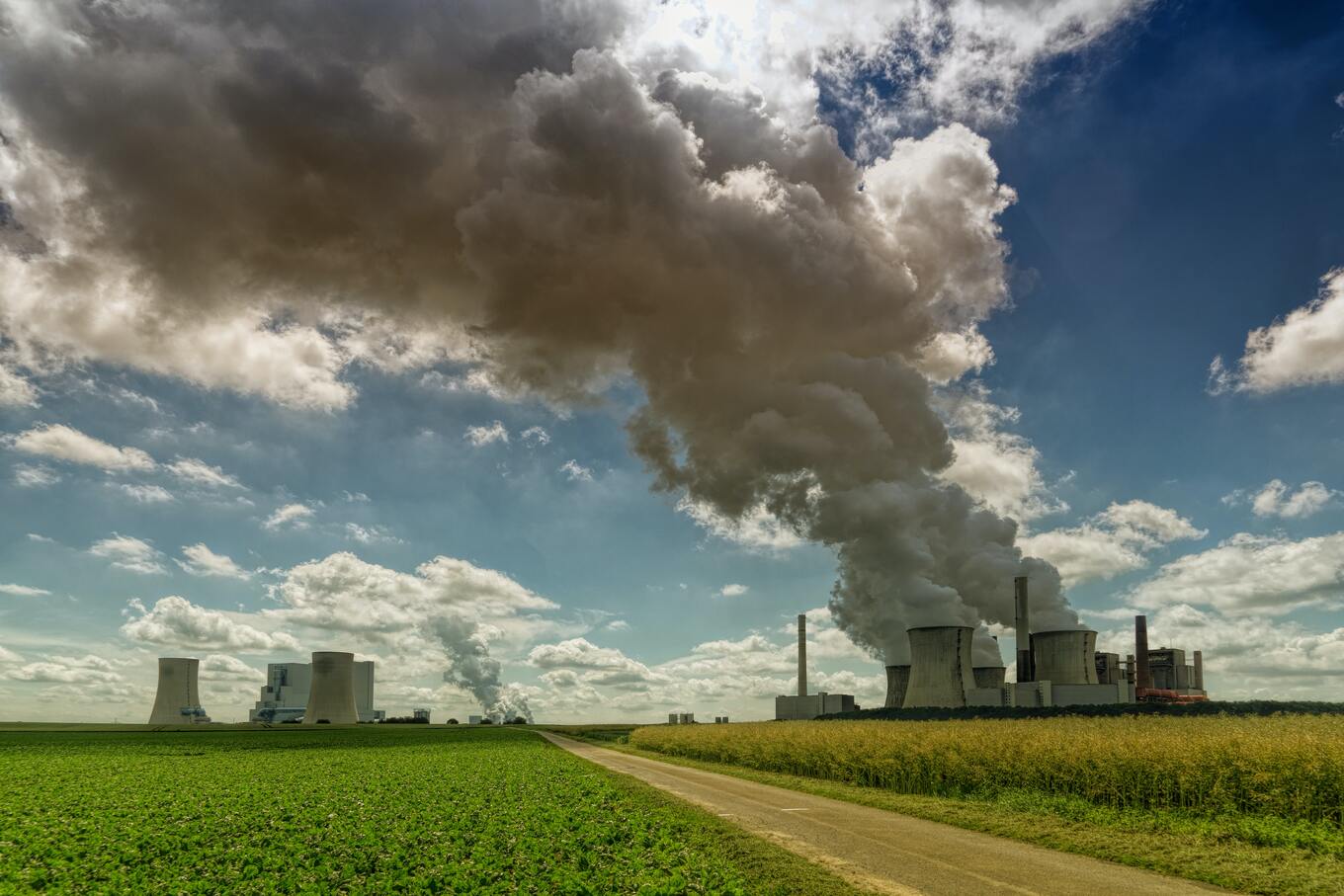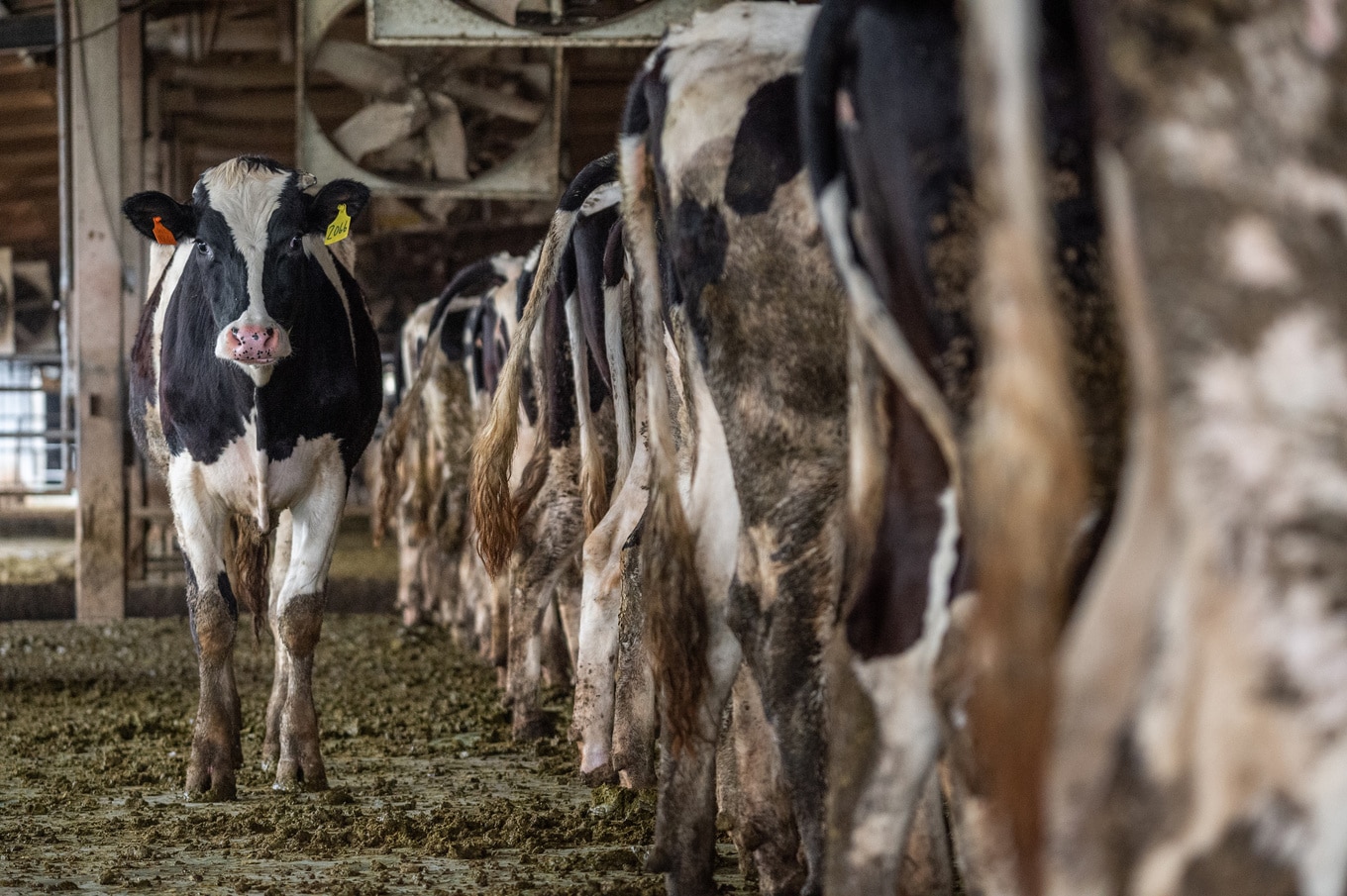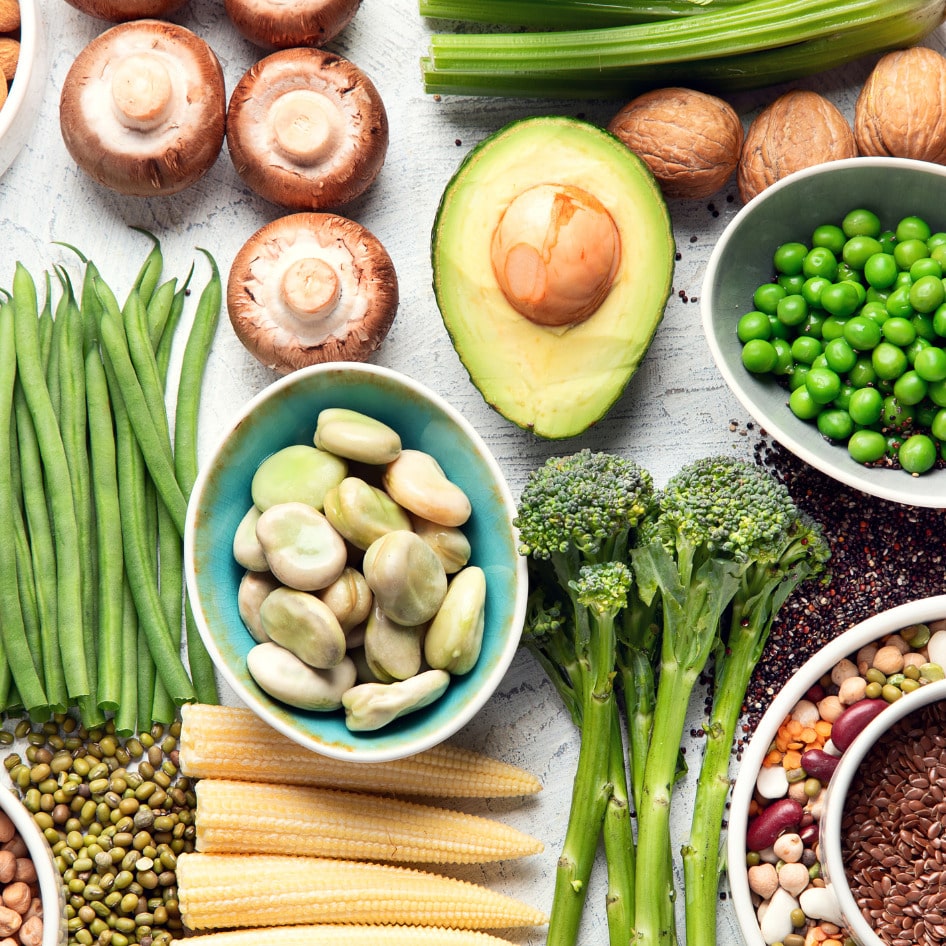Meat-eaters produce 59 percent more greenhouse gas (GHG) emissions than vegetarians, according to a new study published in the scientific journal PLOS One. For the study, University of Leeds senior researcher Darren Greenwood and his colleagues performed a detailed analysis of more than 3,000 different foods, assessing the GHG emissions generated during the production of each food source.
As part of the study, researchers linked the foods to an automated online dietary assessment for 212 adults over three 24-hour periods. Variations in GHG emissions were explored by dietary pattern, demographic characteristics, and World Health Organization recommended nutrient intakes in an effort to determine if less environmentally sustainable diets are also often more processed, energy-dense, and nutrient-poor.
The researchers discovered that meat was linked to 32 percent of diet-related GHG emissions, and dairy products account for 14 percent of food’s carbon footprint. Other foods that had a notable impact on the climate include drinks such as tea, coffee, and alcohol, which contribute 15 percent of diet-related greenhouse gases; and cakes, cookies, and sweets contribute almost 9 percent.
“Meat was the dominant driver for diet-related GHG emissions, explaining most of the differences between GHG emissions associated with vegetarian and non-vegetarian diets, and between the differences in GHG emissions associated with the diets of men and women,” the study’s authors said. However, drinks such as tea and coffee, and cakes, biscuits and confectionery, explained a quarter of diet-related GHG emissions, and present alternative routes to reduce diet-related GHG emissions.
Overall, the study found that non-vegetarian diets had GHG emissions 59 percent higher than vegetarian diets. Additionally, the research found that men’s diets produce 41 percent higher emissions than women’s diets, primarily due to greater meat intake, the study authors said. “Those who met dietary recommendations had generally lower diet-related GHG emissions, suggesting future policies to encourage sustainable dietary patterns and plant-based diets could be good for both individual and planetary health,” the study’s authors concluded.
Meat’s high environmental impact
The study’s findings are consistent with previous reviews that found animal-based foods have the greatest environmental impact, specifically beef. A study published earlier this year in the scientific journal Nature Food found that meat production is responsible for 57 percent of GHG emissions—twice as much as growing and processing plants for food.
For the study, researchers quantified GHG emissions from the production and consumption of plant- and animal-based foods and built a database that provided an emissions profile of 171 crops and 16 animal products, drawing from more than 200 countries. 
And while the study concluded that the use of cows, pigs, chickens, and other animals for food is responsible for the vast majority of all food production emissions, the researchers found that beef alone accounts for one-quarter of emissions produced by raising and growing food. Growing and processing plants for food, however, make up only 29 percent of emissions, with the rest coming from other uses of land, such as cotton or rubber.
Environmental experts have noted that raising and slaughtering animals for food is responsible for higher GHG emissions because, in addition to requiring more land and water, animals’ waste gases and manure add to meat’s carbon footprint, as does the cropland used to feed livestock rather than people.
For more on climate change, read:
New Documentary Focuses on Diet Change to Fight Climate Change
We Only Have 5 Years to Halt Climate Change, Says UN Report
Bill Gates: Wealthy Nations Must Ditch Beef For the Planet
JUMP TO ... Latest News | Recipes | Guides | Health | Subscribe








